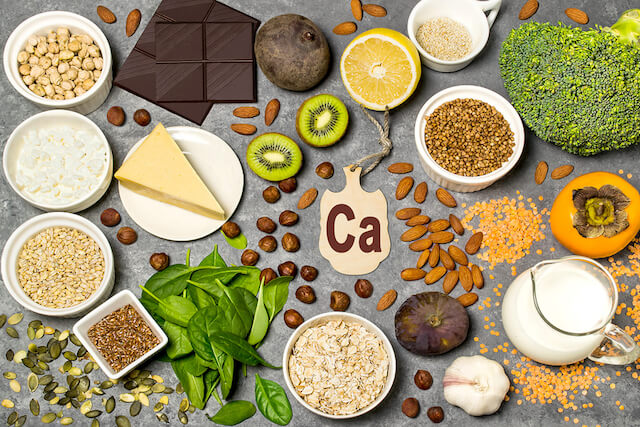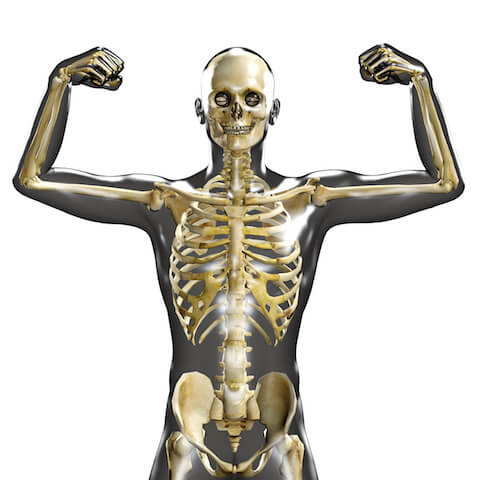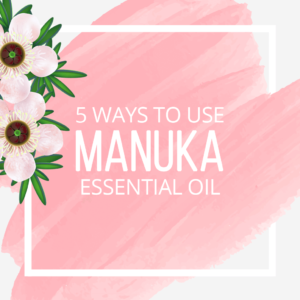Calcium is critical for bone and teeth health, muscle contraction, blood clotting, regulating heart rhythm, and serves as a co-factor for many enzyme processes. The body does not produce calcium, so it is important to make sure you are getting adequate intake of this nutrient, either in food or a quality supplement. But what foods are good sources and what should you look for in a calcium supplement?
Food as Medicine
I’ve said it once, and I’ll say it again. Healthy food is the best medicine. And the best approach to disease is prevention. Our bodies absorb vital nutrients and minerals from food better than they do from most supplements.
When it comes to calcium-rich foods, many people often think of milk and other dairy products. While milk does contain a hefty dose of calcium, it also comes with numerous side effects. In addition to being the most common self-reported allergen in the world, milk and other dairy products increase inflammation and other complications, even for those who are not lactose intolerant. Other valuable food sources of calcium include:

- tofu
- fish: sardines, salmon
- seeds: sesame, chia, pumpkin
- almonds
- beans: pinto, kidney, great northern
- figs
- seaweed
- dark, leafy greens, especially collard greens, spinach, broccoli, and dandelion greens
What to Look for in a Calcium Supplement
Not all calcium supplements are created equal, so it is important to research and make sure you are getting the most out of your product. Calcium alone is not great, because the body is not able to utilize calcium without the help of other minerals and vitamins. if calcium is taken by itself, it can cause constipation, and excessive calcium in the blood can calcify the arteries, increase blood pressure, and increase the risk for heart disease. What should you look out for in you calcium supplement.
Magnesium
Magnesium works alongside calcium to promote bone and heart health. Primarily, magnesium stimulates the hormone calcitonin, which draws calcium out of the the blood and tissues and drives it into the bones, where it is needed. Magnesium is a cofactor for alkaline phosphatase, an enzyme that aids in the formation of calcium crystals in the bones.

Unopposed calcium can be very dangerous to the heart. In the cardiovascular system, calcium and magnesium play opposing roles whereby calcium constricts and magnesium relaxes blood vessels and musculature. In fact, magnesium is such an effective relaxant in the cardiovascular system that it is often the drug of choice to treat high blood pressure.
Additionally, magnesium and calcium have opposing side effects. Magnesium carries the risk of diarrhea, and calcium carries the risk of constipation. Combined, they balance one another and avoid the adverse gastrointestinal side effects.
Vitamin D3
Vitamin D3 is essential for proper calcium absorption. The liver and kidneys convert vitamin D3 into calcitriol, which works to increase the absorption of calcium in the gut. Without vitamin D3, little calcium gets absorbed by the body. Studies show that taking calcium alone does not prevent bone loss (osteoporosis). However, the addition of vitamin D3 does decrease bone loss and the risk of fractures.
Vitamin K2
Like magnesium, Vitamin K2 helps to regulate calcium deposition in the bones. In other words, it promotes the calcification of bones and prevents calcification of blood vessels and kidneys. In fact, the use of vitamin D3 and vitamin K2 together as an approach to osteoporosis treatment may significantly reduce morbidity and mortality.
A Word of Caution
If you choose to use a calcium supplement, be sure to look out for the signs of excess of calcium. Symptoms include nausea, vomiting, constipation, increased thirst or urination, muscle weakness, bone pain, irregular heartbeat, or change of mental status. Excessive magnesium may cause slow heartbeat, diarrhea, low blood pressure, or slowed breathing. Report any changes to heart rate or the cardiovascular system to your physician.
Looking for more healthy education? Check out Three Tips for a Healthy Liver.
You can also check out this video about my calcium supplement, Super Cal Plus.
For access to all of my health and wellness education videos, slides, and more, come on and !












